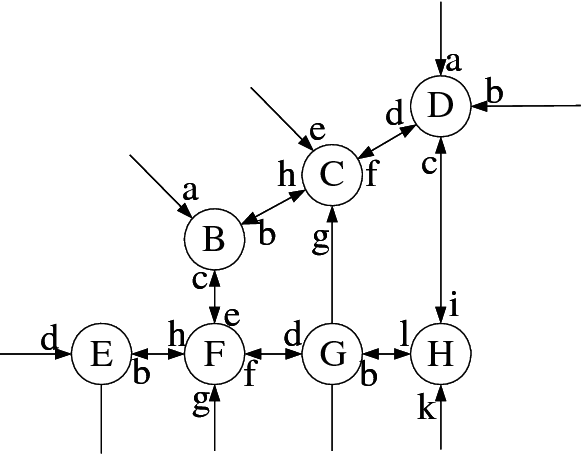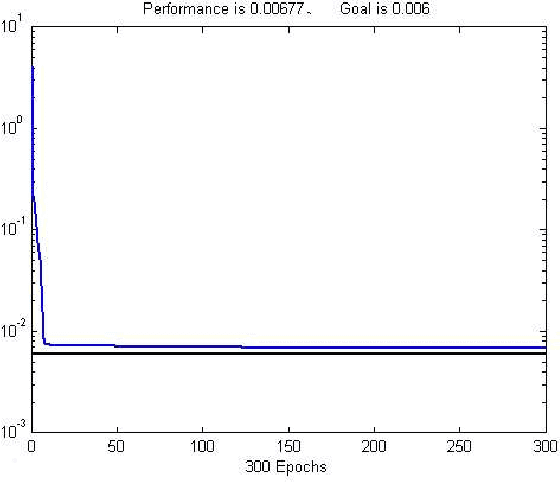Neural Network Multitask Learning for Traffic Flow Forecasting
Paper and Code
Dec 24, 2017



Traditional neural network approaches for traffic flow forecasting are usually single task learning (STL) models, which do not take advantage of the information provided by related tasks. In contrast to STL, multitask learning (MTL) has the potential to improve generalization by transferring information in training signals of extra tasks. In this paper, MTL based neural networks are used for traffic flow forecasting. For neural network MTL, a backpropagation (BP) network is constructed by incorporating traffic flows at several contiguous time instants into an output layer. Nodes in the output layer can be seen as outputs of different but closely related STL tasks. Comprehensive experiments on urban vehicular traffic flow data and comparisons with STL show that MTL in BP neural networks is a promising and effective approach for traffic flow forecasting.
 Add to Chrome
Add to Chrome Add to Firefox
Add to Firefox Add to Edge
Add to Edge